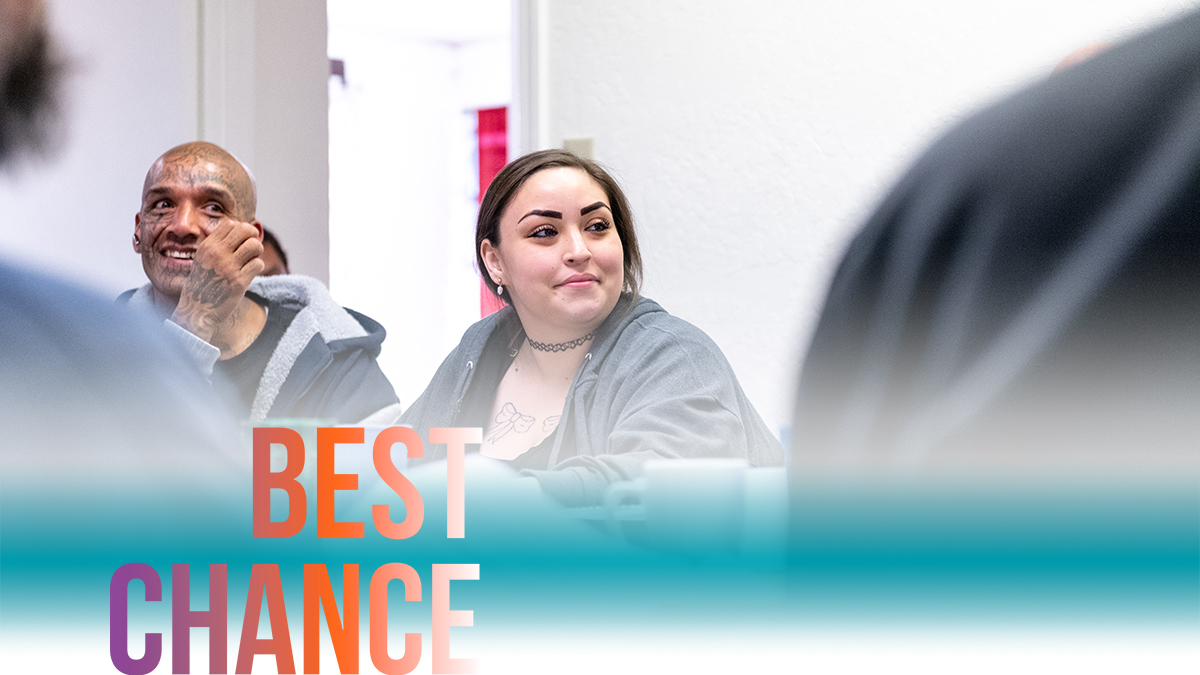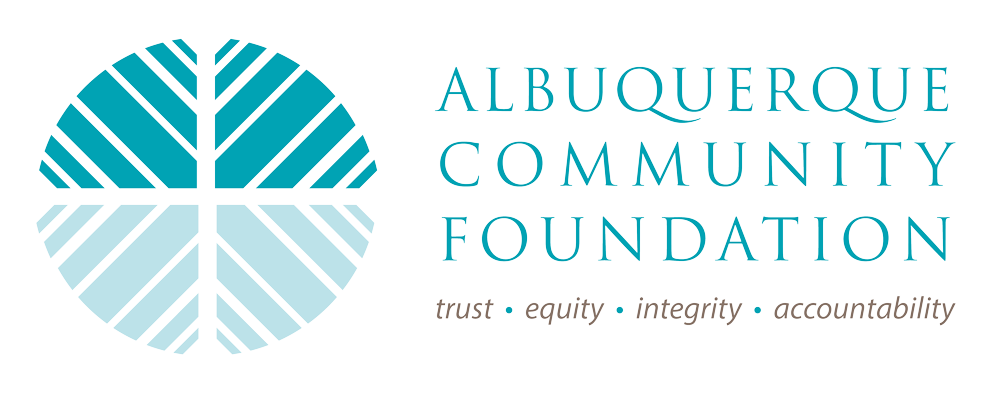
Sometimes, an encounter can change the course of a life. That’s what happened to Stanley Weinstein, Best Chance’s Executive Director, after he retired from his first career. While teaching meditation to incarcerated individuals at Central New Mexico Correctional Facility, he met with several Peer Health Educators. The question of how to address the pressing needs of individuals leaving incarceration emerged.
“Too often, people who have experienced incarceration feel cut off from others,” says Weinstein. “They don’t believe that there are any good or helpful people out there.”
Everyone agreed that a peer support network would be the most effective way to help those released from prison transition from inside to outside. So in 2015, a number of formerly incarcerated peers joined Weinstein and a small group of community leaders to form Best Chance. Since then, the organization has provided vital services and a warm hand-off to a healthy life after prison, relying on those with strong recoveries from criminal activity as well as from alcohol and drug use to counsel, guide and support others.
Best Chance also helps those experiencing homelessness and behavioral health issues transition to rewarding lives in the community. Its primary goal is to reduce recidivism by encouraging meaningful employment and the ability to cope with the stress of life on the outside.
Operating a peer-led, clinically supervised Wellness Drop-in Center that serves more than 450 people per year, Best Chance provides peer support and
transition planning; pays for and helps obtain IDs; provides wellness programming; clothing, hygiene, and other material support; referrals; transportation; brain injury screening; life skills training; and support groups with meals.
The organization’s core curriculum offers life-skills training focusing on gaining and keeping employment; emotion regulation; using technology; budgeting and financial management; health and wellness, as well as emphasizing the importance of life-long learning.
“Most people we work with don’t write down their income and expenses, and some even have a fear of numbers,” says Weinstein. “With our programs, we maintain a positive and supportive environment where people learn to trust. We have developed a space that is warm and welcoming – a place to meet with positive volunteers and professional staff. We are a multi-use space where returning citizens can play a game of chess, hang out with Best Chance folks, or read an uplifting book from our library.”
“The Foundation’s continued support of Best Chance’s mission of creating opportunities for connection is an affirmation that what it is doing is of value to the community,” adds Weinstein.
“When you look at the priorities of the Foundation, you find they align with ours: the health and economic wellbeing of the community, and the goal of getting underserved people working and productive. These things are uplifting, satisfying and inspiring, and we’re so grateful for the Foundation’s support.”
